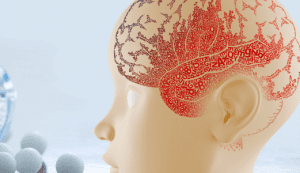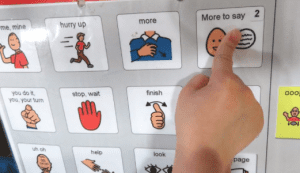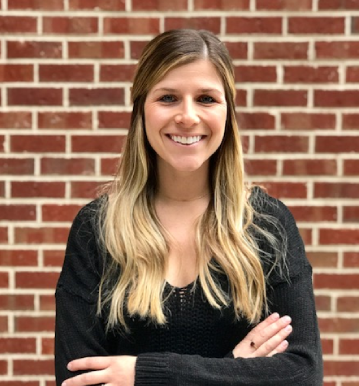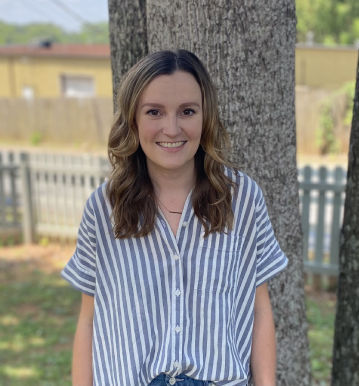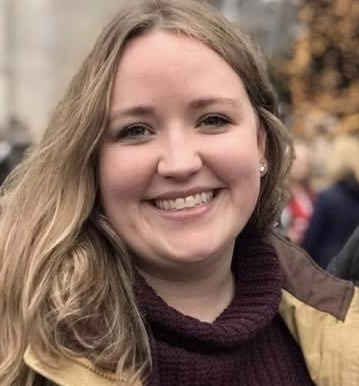Oral Feeding Therapy Atlanta, GA for Children
Helping Your Child Enjoy Mealtimes with Oral Motor and Feeding Therapy in Atlanta
 Mealtimes should be a positive experience for both you and your child. But if your Atlanta child struggles to eat due to oral motor challenges or sensory sensitivities, mealtimes can become stressful. If you suspect your child has a feeding disorder, Bright Horizons Pediatric Speech Therapy in Roswell, GA can help! Our qualified therapists offer oral motor and feeding therapy to address these challenges and promote healthy eating habits.
Mealtimes should be a positive experience for both you and your child. But if your Atlanta child struggles to eat due to oral motor challenges or sensory sensitivities, mealtimes can become stressful. If you suspect your child has a feeding disorder, Bright Horizons Pediatric Speech Therapy in Roswell, GA can help! Our qualified therapists offer oral motor and feeding therapy to address these challenges and promote healthy eating habits.
Understanding Feeding Disorders in Children
Feeding Disorders: A feeding disorder occurs when a child has difficulty eating due to physical, developmental, or behavioral reasons. This can manifest in various ways, such as difficulty sucking, swallowing, chewing, or limited food acceptance due to sensory sensitivities.
Common Terms: You may hear terms like dysphagia (swallowing difficulty) or failure to thrive (not gaining weight as expected) associated with feeding disorders.
Early intervention is crucial for addressing feeding disorders and ensuring your child receives proper nutrition. If you have any concerns about your child’s eating habits, consult a speech-language pathologist (SLP) for a comprehensive evaluation.
Bright Horizons SLPs: Certified to Help Your Atlanta, GA Child Thrive at Mealtimes
At Bright Horizons, our team consists of certified SLPs with expertise in oral motor and feeding therapy. All our therapists hold a degree in Speech-Language Pathology and a valid Georgia state license.
During your initial consultation, our SLPs will conduct a thorough evaluation to pinpoint the specific challenges your child faces with eating. This personalized approach allows us to create a customized oral motor and feeding therapy plan that addresses your child’s unique needs.
Oral Motor and Feeding Therapy: Building the Skills for Happy Mealtimes
Oral motor and feeding therapy focuses on developing the skills necessary for safe and enjoyable eating.
Here’s how Bright Horizons Pediatric Therapy therapists can help:
Strengthening Oral Motor Skills: Therapists use targeted exercises to improve the strength, coordination, and movement of the lips, tongue, and jaw, all crucial for effective eating.
Addressing Sensory Issues: If your child has sensory sensitivities to food textures or tastes, therapy can help them become more comfortable with exploring different foods.
Developing Safe Swallowing: For children with swallowing difficulties, therapists can work on exercises and techniques to improve the safety and efficiency of swallowing.
Playful Learning: Therapy sessions are designed to be fun and engaging, making mealtimes a more positive experience for your child.
Collaboration is Key: We believe in partnering with parents. Therapists will provide you with strategies and activities to continue supporting your child’s progress at home.
At Bright Horizons Pediatric Therapy, we are dedicated to helping Atlanta, GA children overcome feeding challenges and develop healthy relationships with food. If you have any concerns about your child’s eating habits, contact Bright Horizons Pediatric Therapy in Roswell, GA today! We offer free consultations and are here to answer your questions.
Our Location:
Bright Horizons Pediatric Therapy, LLC
Phone: (404) 547-0825
Fax: (770) 783-6618
Atlanta, GA Pediatric Speech Therapy Services We Offer
We❤️Helping Atlanta Kids Succeed!
Personalized assessments: Bright Horizons Speech Therapists start with a comprehensive evaluation to identify your child’s unique strengths and challenges. This assessment helps create a tailored therapy plan focused specifically on your child’s needs.
Play-based therapy: Young children learn best through play. Our therapists use engaging, play-based activities to make therapy sessions fun and motivating, helping your child build language skills naturally.
Targeted focus on receptive language: Therapists will work on improving your child’s understanding of language. This includes developing their ability to follow instructions, answer questions, and understand stories.
Strategies to boost expressive language: Therapists help your child expand their vocabulary, use correct grammar, and form clear sentences for effective communication.
Strengthening social communication: Focus extends beyond just words. Therapists guide your child in developing essential social skills like eye contact, turn-taking in conversations, and understanding nonverbal cues.
Techniques for articulation and speech clarity: If your child has difficulty producing certain sounds, therapists will teach them the correct mouth movements and sound placement for improved speech clarity.
Parent Collaboration: Bright Horizons therapists believe in empowering parents. You’ll receive guidance and strategies to implement at home, reinforcing therapy goals and maximizing your child’s progress.
Best Certified Speech Pathologists Atlanta, GA
Building a Brighter Future for Kids in North Metro Atlanta
Speech Therapy Near Atlanta, GA
Atlanta ( at-LAN-(t)ə) is the capital and most populous city in the U.S. state of Georgia. It is the seat of Fulton County, and a portion of the city extends into neighboring DeKalb County. With a population of 498,715 living within the city limits, Atlanta is the eighth most populous city in the Southeast and 38th most populous city in the United States according to the 2020 U.S. census. It is the core of the much larger Atlanta metropolitan area, which is home to more than 6.3 million people (2023 estimate), making it the sixth-largest U.S. metropolitan area. Situated among the foothills of the Appalachian Mountains at an elevation of just over 1,000 feet (300 m) above sea level, Atlanta features unique topography that includes rolling hills, lush greenery, and the densest urban tree coverage of any major city in the United States.
Atlanta was originally founded as the terminus of a major state-sponsored railroad, but it soon became the convergence point among several railroads, spurring its rapid growth. The largest was the Western and Atlantic Railroad, from which the name “Atlanta” is derived, signifying the city’s growing reputation as a major hub of transportation. During the American Civil War, it served a strategically important role for the Confederacy until it was captured in 1864. The city was almost entirely burned to the ground during General William T. Sherman’s March to the Sea. However, the city rebounded dramatically in the post-war period and quickly became a national industrial center and the unofficial capital of the “New South”. After World War II, it also became a manufacturing and technology hub. During the 1950s and 1960s, it became a major organizing center of the American Civil Rights Movement, with Martin Luther King Jr., Ralph Abernathy, and many other locals becoming prominent figures in the movement’s leadership. In the modern era, Atlanta has remained a major center of transportation, with Hartsfield-Jackson International Airport becoming the world’s busiest airport by passenger traffic in 1998 (a position it has held every year since, except for 2020), with an estimated 93.7 million passengers in 2022.
With a nominal gross domestic product (GDP) of $473 billion in 2021, Atlanta has the eleventh largest economy of cities in the U.S. and the 22nd largest in the world. Its economy is considered diverse, with dominant sectors in industries including transportation, aerospace, logistics, healthcare, news and media operations, film and television production, information technology, finance, and biomedical research and public policy. The gentrification of some of its neighborhoods, initially spurred by the 1996 Summer Olympics, has intensified in the 21st century with the growth of the Atlanta Beltline. This has altered its demographics, politics, aesthetics, and culture.










